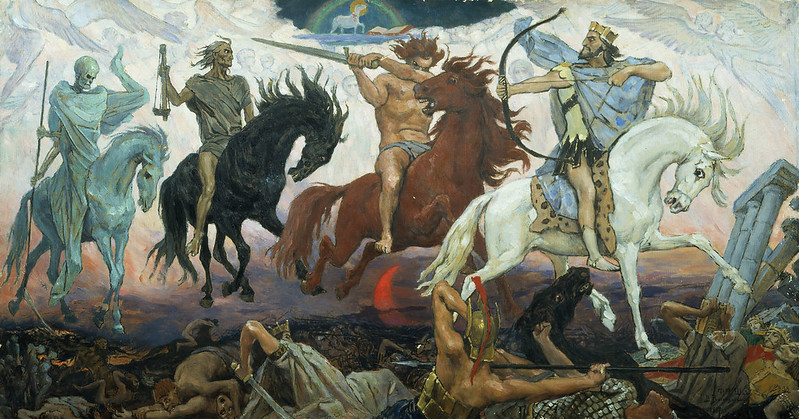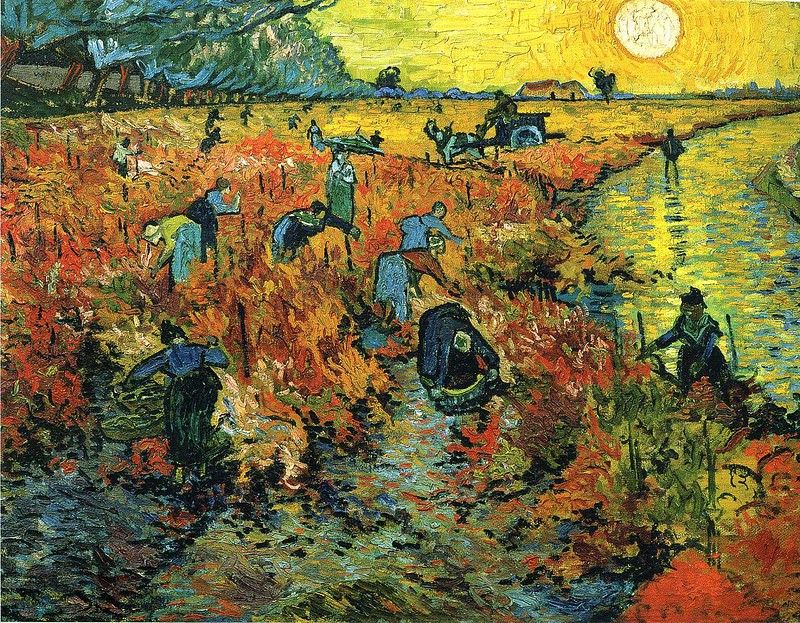Halloween: A Search For The Sacred
Halloween: A Search For The Sacred
Brian Zahnd
It’s Halloween. The season of ghosts and goblins, haunted houses and horror movies. The modern observance of Halloween seems, for the most part, to be an innocent celebration of the strange joy of being scared. There’s no doubt that a significant number of us do enjoy being scared as a form of entertainment. After all, Stephen King has sold 350 million books! But why? Why do we like to be scared? I think it has to do with a search for what is most missing in the modern world: the sacred. We like being scared because we are so very secular.
When modernity came of age it banished the sense of the sacred. Empiricism, materialism, positivism had won the day. Science was now the high priest that would answer all questions and religion was merely the superstition of the hopelessly naïve. We found ourselves in a world without God or gods, a world beyond good and evil (as Nietzsche said), a world without angels and demons. Religion was but hucksterism and nothing was truly sacred anymore. Bob Dylan captured it well when he said,
Read more


